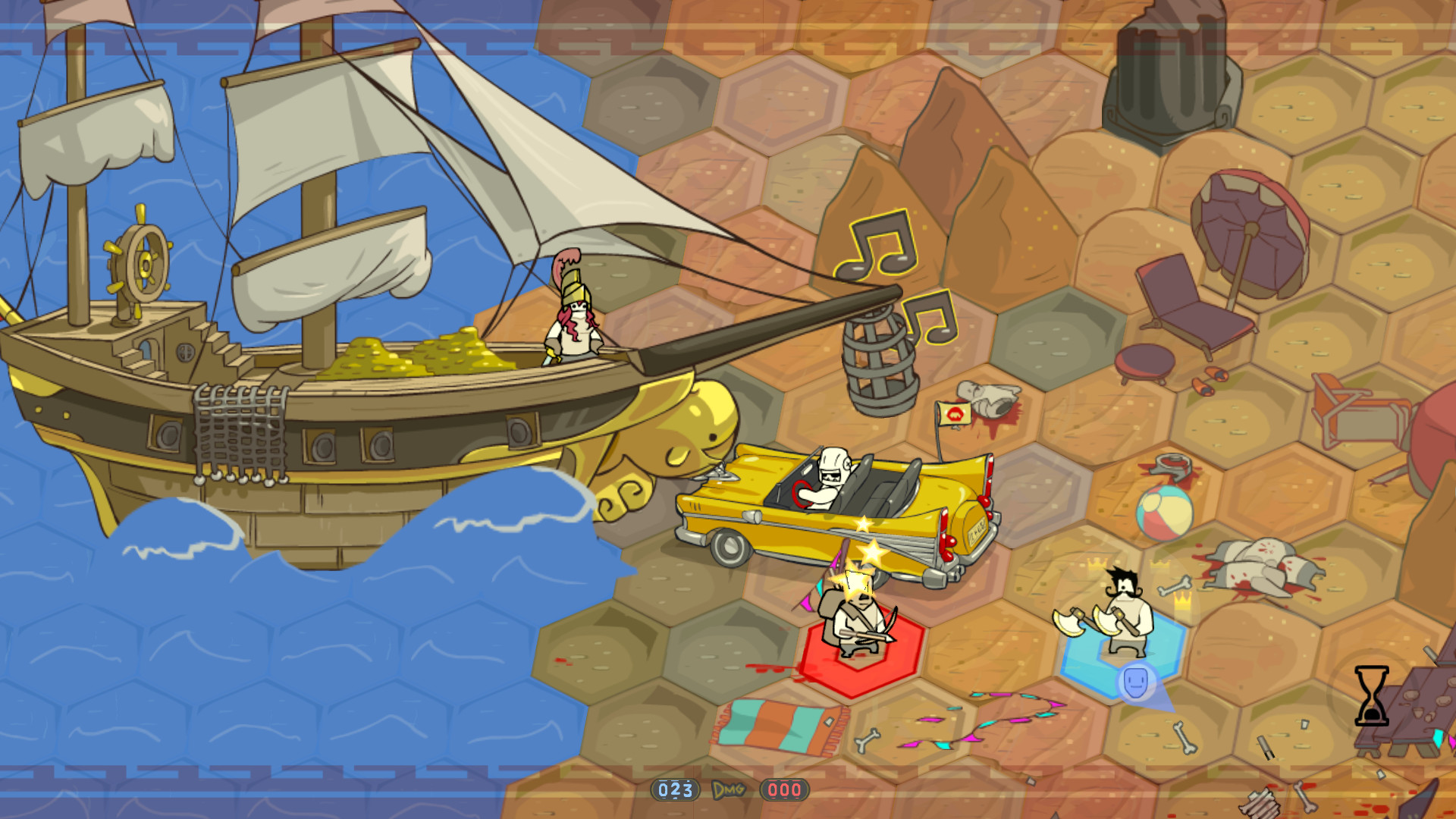

But to his horror, he is now completely bound head and foot, except for his left hand up to his left elbow. He knows that he is in the same place because of the horrible, dismal circular pit. Logically, he tries to determine how he originally made such an error. After drinking deeply, he realizes that the water must have been drugged since he immediately loses consciousness again, and later, when he is again awake, there is a sulfurous light which reveals that the walls are one-half their original size. A few steps more and he would have fallen to a horrible death.Īrousing from a sleep, he finds by his side a loaf of bread and a pitcher of water. His body hits the floor and he discovers that his head lies on the perimeter of a seemingly bottomless, circular pit. He then begins to traverse the vault, but he slips on the slimy floor and falls.

The floors are covered with slime, but carefully feeling his way around, he calculates that the vault is about fifty feet wide.

After feeling around, he determines that it is in the shape of a vault.

Since he has heard so much about the horrors of the dungeons, he is certain that he is in one of those dungeons. He knows that he is condemned to death but the method and the time for his execution are unknown to him. This concept often appears in Poe's fiction - that is, a person will be physically dead, but he will still retain the mental ability to know things after the death of the physical body.Īfter many moments of suspense, he investigates his situation. At last, his worse fears are confirmed: "The blackness of eternal night encompassed me." At first, he wonders if he is dead yet still mentally conscious. After swooning, the narrator awakens in total darkness before opening his eyes, he imagines the horrors that await him. The story begins with the trial of the narrator, as he sits before seven very severe judges he is "sick - sick unto death," because the judges have an "immoveable resolution - of stern contempt of human torture." The narrator is so completely obsessed by the horror of the proceedings that he cannot even hear his sentence as it is being pronounced instead, he recalls all of the horrible tales of "monkish tortures" which awaited the victims of the Inquisition. In "The Pit and the Pendulum," Poe apparently had in mind the effects of unrelieved torture and suspense. As Poe repeatedly maintained in his critical views, the most successful story occurs when the author decides what effect or effects he wants to achieve and then decides what techniques to use to achieve that effect.


 0 kommentar(er)
0 kommentar(er)
